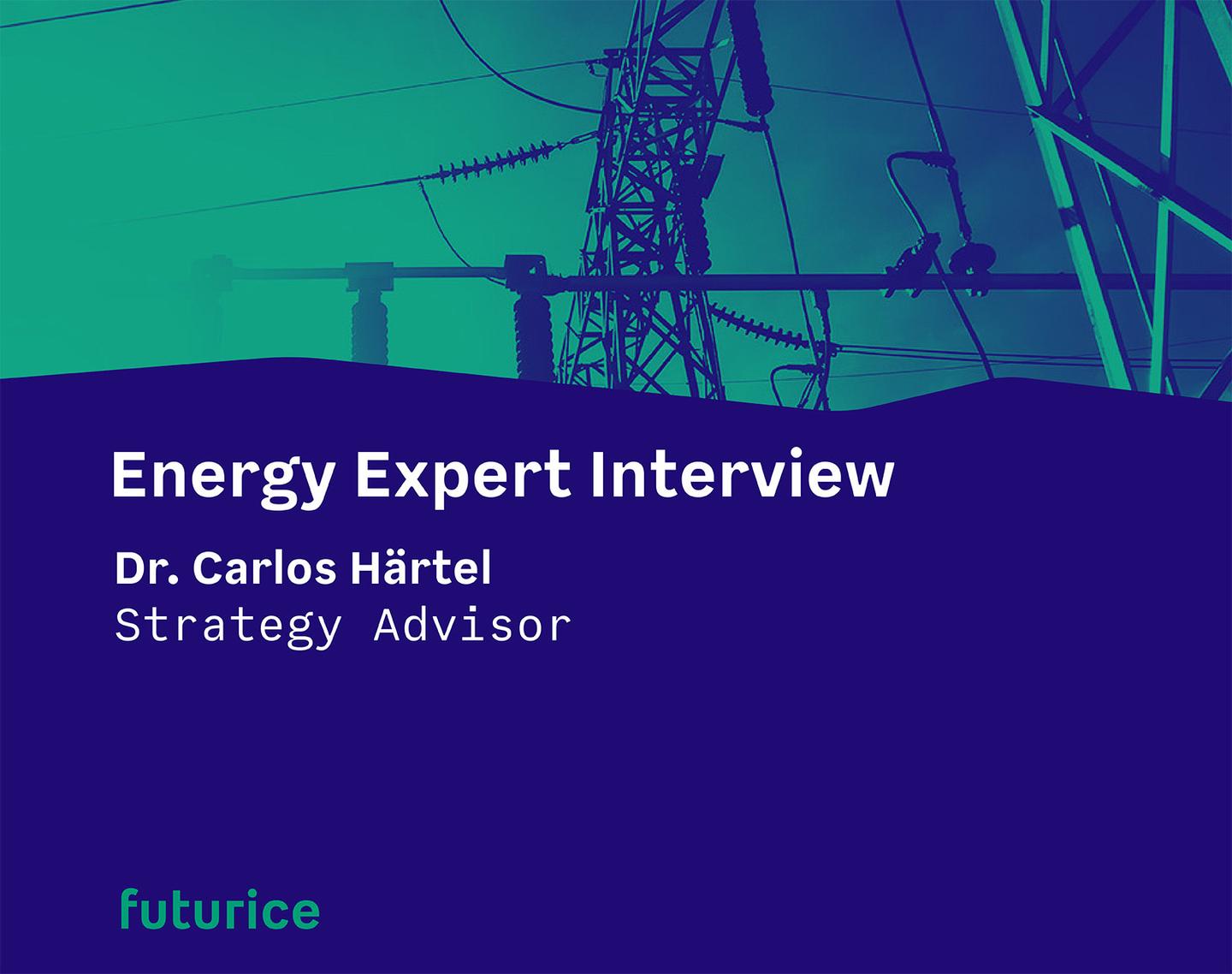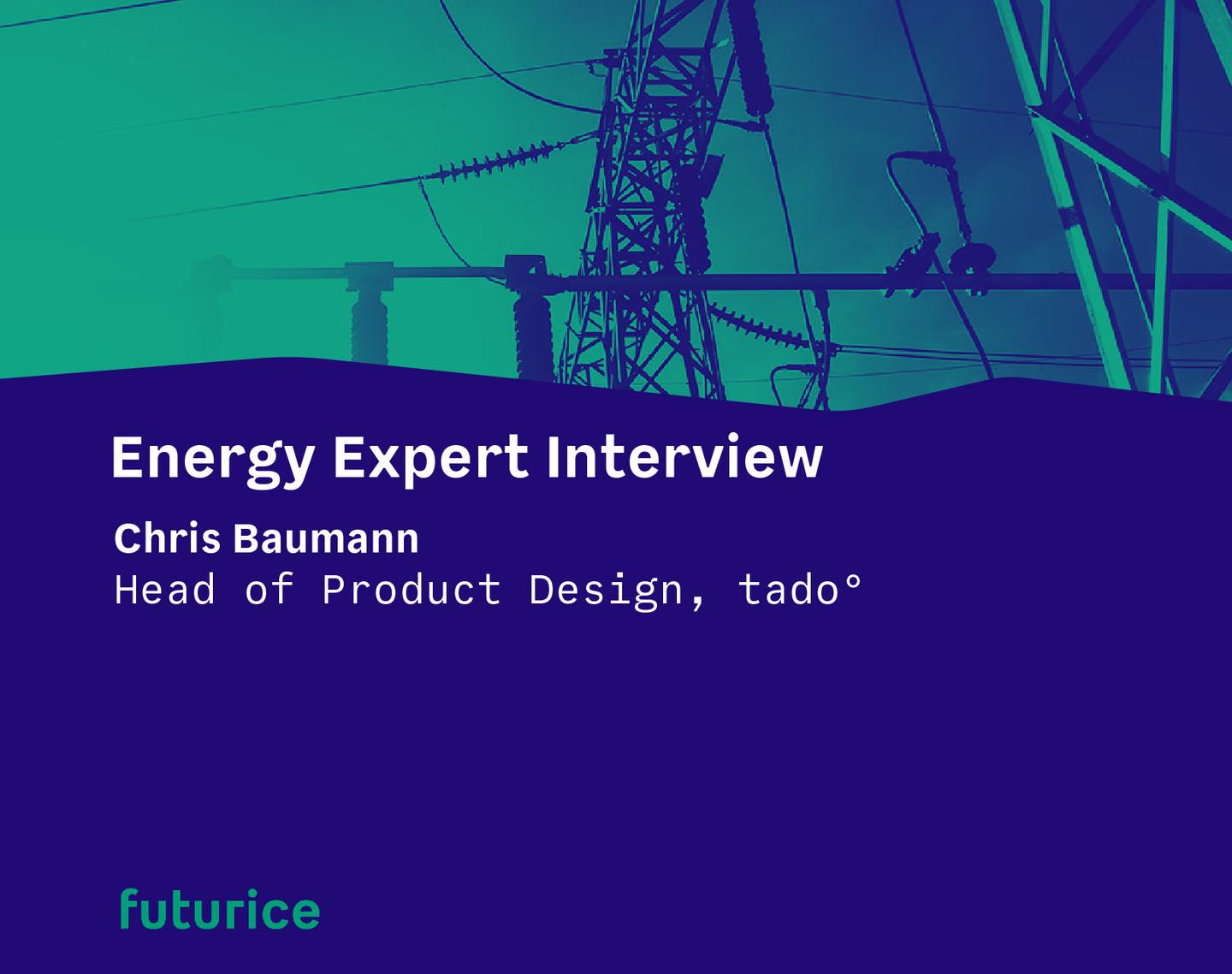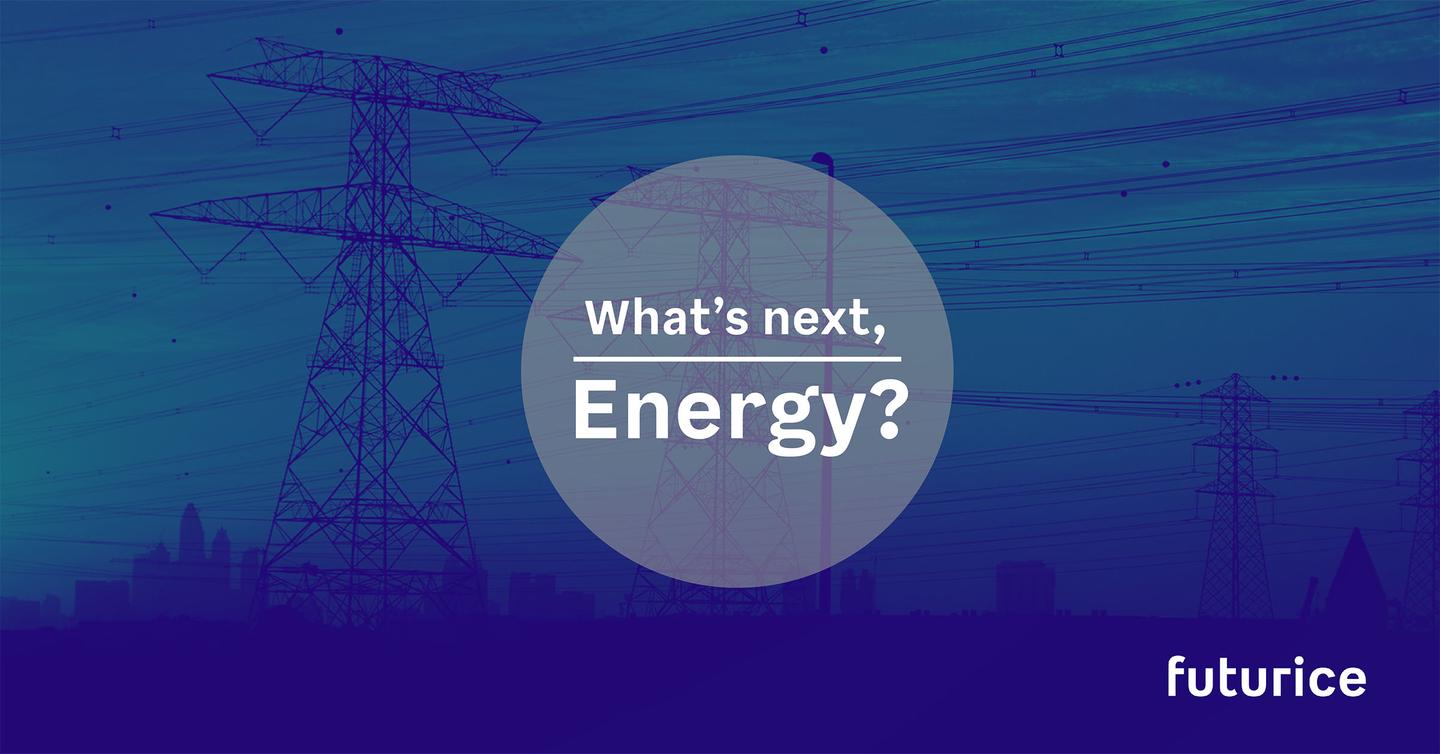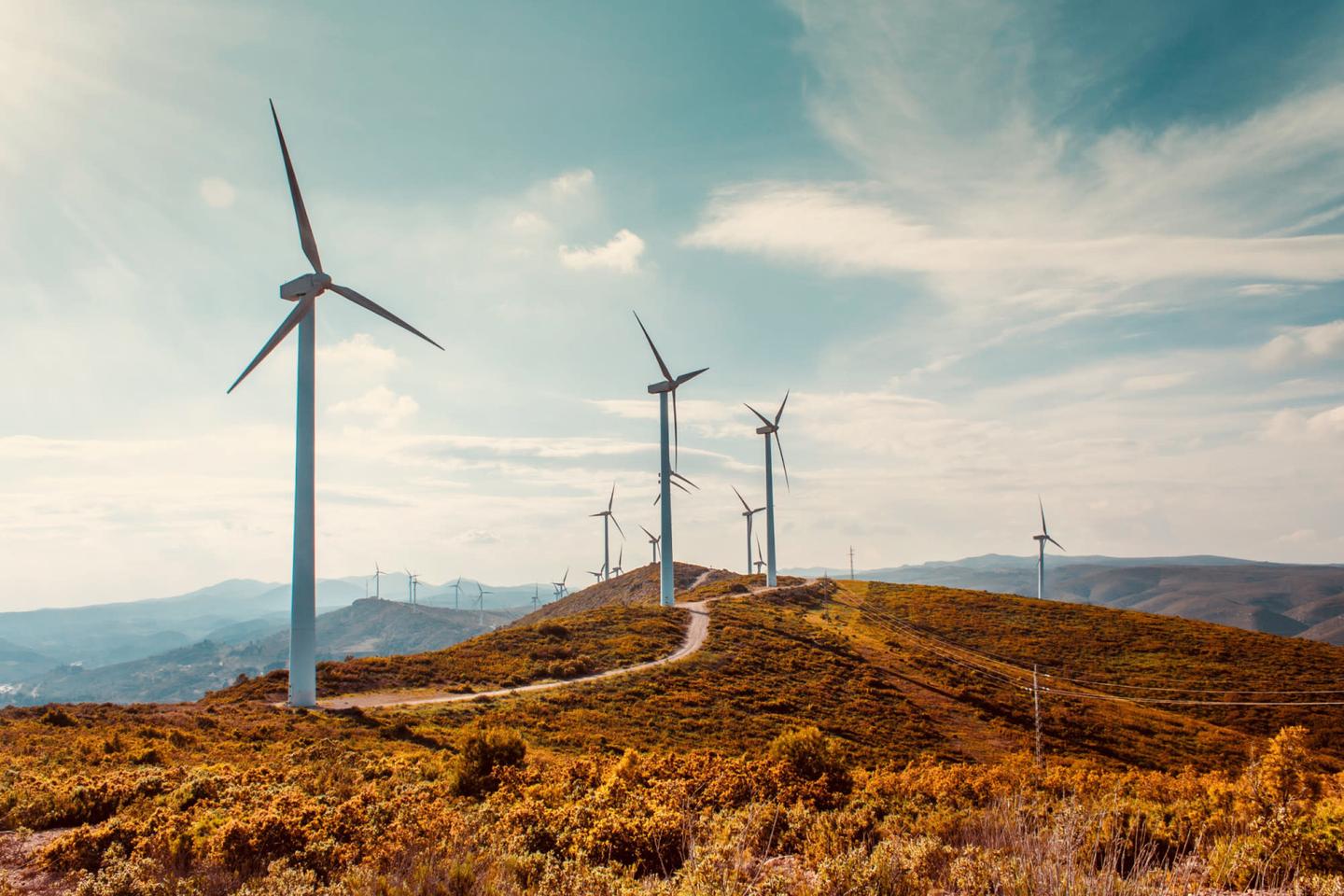Energy Expert Interview with Henrik Schapp, GreenCom Networks
Henrik Schapp is Head of Energy Communities at GreenCom Networks. In our interview he talks about the fundamental shift in the energy sector, the importance of data and IoT, and what is now most needed to run the energy system on renewables.
GreenCom connects distributed assets for energy providers. How do you see the importance and role of decentral structures for the energy sector?
Currently, we are witnessing a fundamental shift. For decades, we relied on the same infrastructure: Big power plants, a strong grid and everyone using the energy produced by those coal, nuclear or hydrogen plants. Today, things are changing rapidly.
Many countries strive towards CO2 neutrality and decided to phase out coal and nuclear power; several implanted means to boost decentral and green energy generation – take, for instance, Germany's EEG. Apart from the visible political will, one can also notice private people taking great interest in brands like Tesla or Sonnen. Today, it is green and cool to participate in the energy transition. And finally, we see significant investments into green funds and companies – take for instance Shell: as part of the company’s ambition to become a net-zero emissions energy company by 2050, they continue to grow their power business and investments in lower-carbon technologies and businesses that enable the energy transition. These three examples – policy, private interest and investments -, show a greater trend: We are moving towards a more and more renewable and decentralised energy system.
Of course, not all energy generation will be decentralised. Offshore wind farms, hydrogen plants, and PV plants will produce large shares of the mix – but with renewables being volatile, we will have to make both the demand and the generation side more flexible, needing battery technologies and intelligent software to manage all involved assets. In essence, decentral assets and their management are crucial to running the energy system on renewables.
How is data and IoT relevant for your business?
Both, data and IoT, are at the core of our business. Our energy IoT platform integrates and controls a large number of residential energy assets. It collects, harmonises, and processes thousands of data points in real time and enables our customers - utilities, OEMs and energy service companies - to provide reliable, sustainable and engaging services, such as home energy management, to their end customers.
An easy, reliable and cost-effective connection to all sorts of distributed assets such as PV inverters, batteries, wall boxes and heat pumps as well as smart meters poses one key enabler for our value proposition. And, given the heterogeneous asset landscape with hundreds of manufacturers and protocols, it also is a core strength of GreenCom Networks' IoT platform.
With renewables being volatile, we will have to make both the demand and the generation side more flexible, needing battery technologies and intelligent software to manage all involved assets. In essence, decentral assets and their management are crucial to running the energy system on renewables.
Which kind of problems are you typically solving as Head of Energy Communities for your customers?
As GreenCom Networks offers a white label Energy IoT platform, we are mostly active in B2B2C scenarios. Therefore, I am focusing on the challenges of our B2B customers, the utilities, OEM's and ESCO's, as well as customer needs on their end. Setting up a promising value proposition and concrete offer towards end customers is one thing I am helping our customers with. All this based on their business model, targeted solutions, and the specific regulations on energy communities in a given country as well as the technical capabilities of our IoT platform. Once a service or offering is in the market, it is essential to keep the end customers engaged, let them participate in the new energy world and show them how they can make a difference. To support this, we actively develop our web- and mobile apps further, to meet customers' demands.
Electrification of the mobility sector is creating new challenges for the energy sector. How can Smart Communities help to balance demand and supply?
The mobility sector's electrification has two major effects: higher total energy demand and more frequent peak demands. Firstly, every new electric vehicle that substitutes cars running on gasoline creates new, high electricity demand. And secondly, we expect an increased number of parallel charging sessions resulting in high loads placed on the network.
Here, smart communities can help mitigate the expected load peaks by intelligently controlling the charging processes. Also, controlling other devices with high power consumption, e.g., switching off heat pumps at peak load times, will further shave peaks. Finally, running a community for some time will reap additional benefits: The more historical data is available on the behaviour patterns of the members of a smart community, the better all integrated devices can be controlled and matched to the individual customers' requirements.
The Energy market in Germany is highly regulated - in which area do you think we need a change in regulation most urgently?
I'll limit my answer to a few points here: The expansion of renewable energies cannot be carried out to a sufficient extent through state investments alone but must be based on private sector investments as well. To support private investments in renewables, legislation should not put obstacles in the way of their expansion but facilitate their integration. Integration should be less complicated and, if necessary, promoted. For Germany specifically, it would be of great help if the statutory enablement of renewable energy communities required by the EU were implemented, as they are, e.g., in Spain, Austria and other EU countries. In these countries, network charges, for example, are reduced or wholly cancelled if networks are conserved or not used through local consumption with simultaneous local, renewable generation. As a result, joint generation and consumption become economically more attractive, and investments in new photovoltaic systems, for example, are stimulated.
One trend in energy innovation projects in the last years was peer-to-peer approaches and Blockchain technology. What is your take on this?
As stated above, we strongly believe in the need to enable and promote a decentralised, renewable energy system by linking the relevant device classes and control them intelligently based on needs. This, naturally, includes the direct exchange of energy between prosumers and consumers in a local context. Can blockchain technology help here? It indeed has enormous potential, for example, offering increased security, but on the other hand also has disadvantages, like the energy intensity of the computing power required. We're curious to see the competitive advantage of the blockchain applied, and of course, we ensure to stay involved closely. Apart from that, we currently realise the real-time matching of generation and consumption using energy data that is stored and processed on our platform. This enables us to remunerate and invoice the producers and consumers of renewable energy accordingly, which is not really P2P, but close to it.
Looking into the future, what is the next problem you want to solve with GreenCom?
Although GreenCom has helped shape the renewable energy market for some time now, there is still a way to go before we see a predominantly decentralised energy world. The right targets are currently set for the local generation and demand for renewable energy, unfortunately not primarily in Germany. For me, helping set up local energy communities throughout Europe with easy understandable products and services and further developing our optimisation approaches is my focus.
About Henrik Schapp

Henrik Schapp combines experiences in Marketing, Communications and Product Management with a history of working in the renewables energy sector and the consumer software and services industry. After getting his Master's degree in International Marketing from Hochschule Würzburg and International Business School Groningen, he worked for companies like United Interned and Microsoft. He helped setting up start up's in the energy sector like GreenCom Networks and beegy.
To learn more about our energy approach, check out our energy page and find more interesting interviews with experts from the energy industry below.
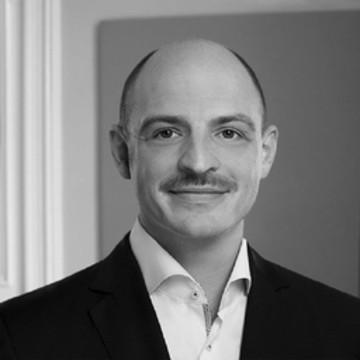 Jan HerrmannAlumnus
Jan HerrmannAlumnus
